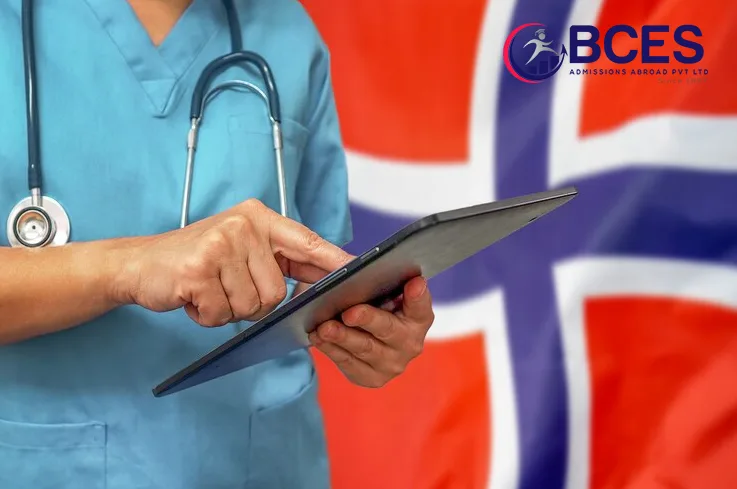Understanding the National Health Service for Indian students in the UK

08 July 2025
For Indian students traveling to the UK, access to healthcare is perhaps the most important thing to know upon arrival. The National Health Service, or NHS, is the UK’s state-funded healthcare system and provides many varied services—but free, including several useful ones, they are not. The majority of students think that if they pay the Immigration Health Surcharge (IHS), all medical expenses are covered, but this is not always true.
Here at BCES Admissions Abroad, we help each student through every step of their international journey. And with something as important as healthcare, being aware of your rights and responsibilities can save you the hassle of spending your money, time, or causing yourself unnecessary trouble living in the UK.
Let’s see what Indian students are entitled to from the NHS, what’s covered, and what else you might still have to pay for-even after contributing to the IHS.
What is the NHS Cover for Indian Students in the UK?
Upon applying for a UK student visa for over 6 months, you are asked to pay the Immigration Health Surcharge (IHS) as part of your visa application. The IHS fee in 2025 is £776 per year for students. You receive access to the NHS from this payment during your visit.
Once you’ve paid this, you are entitled to the following:
- GP appointments
- Emergency treatment at A&E (Accident and Emergency)
- Hospital treatment in the event of hospital admission
- Mental health treatment
- Maternity care
- COVID-19 treatment and jabs
- Sexual health treatment
You won’t be paying for any of the above as an extra. Being registered with a GP upon arrival is very important because it will be your first port of call for most health issues.
What the NHS Does Not Cover
Even though you have already paid the IHS, there are a few services you will still have to pay for. These include:
Prescriptions – There is a fixed price of £9.90 per item (until 2025). Prescription charges do not apply, though, in Wales, Scotland, and Northern Ireland.
Dental treatment – Emergencies are free. Check-ups and procedures range from £25 to £300, depending on the procedure.
Eye tests and glasses – These are not covered. Eye tests and frames or lenses will have to be paid for.
Schedule vaccinations that are non-NHS – Travel immunisations or optional vaccinations may be an expense.
Non-NHS or non-essential treatments that are cosmetic – These are not NHS-covered.
What Do Indian Students Need to Do?
- Register with an NHS GP as soon as you arrive – you can find local GPs on the NHS website.
- Buy a health insurance policy to cover any charges not met by the NHS, e.g. optical or dental.
- Keep some tiny amount of health funds for the unexpected such as prescriptions or non-emergency dental treatment.
- Make use of student health services provided by your university for free advice and minor illnesses.
Just remember that NHS care is founded on a clinical need, not nationality, so once you’re registered and the IHS paid, you’re treated like any other UK resident.
Healthcare is a basic need, and navigating it in a new country can be confusing. But Indian students in the UK can breathe easy knowing that the NHS provides access to high-quality care for most essential services. With the right knowledge and a little preparation, you’ll be well-equipped to handle any health situation that comes your way during your studies.
If you wish to study in the UK and need professional guidance on visas, health insurance, or university admissions, call BCES Admissions Abroad at +91 9319996328.
Frequently Asked Questions (FAQs)
You do not need private health insurance for NHS services if you have paid the IHS. Private insurance can cover for services like dental, eyesight, or private consultations.
Yes, once you’ve arrived and signed up with a GP, you can access the NHS.
Yes, A&E is free to everyone, including visitors. But aftercare from emergency treatment isn’t always free without paying under IHS.
No, NHS services are only available in the UK. You will be required to take foreign travel insurance.
You can get a local GP and complete a registration form. Universities also help students in this matter during induction.